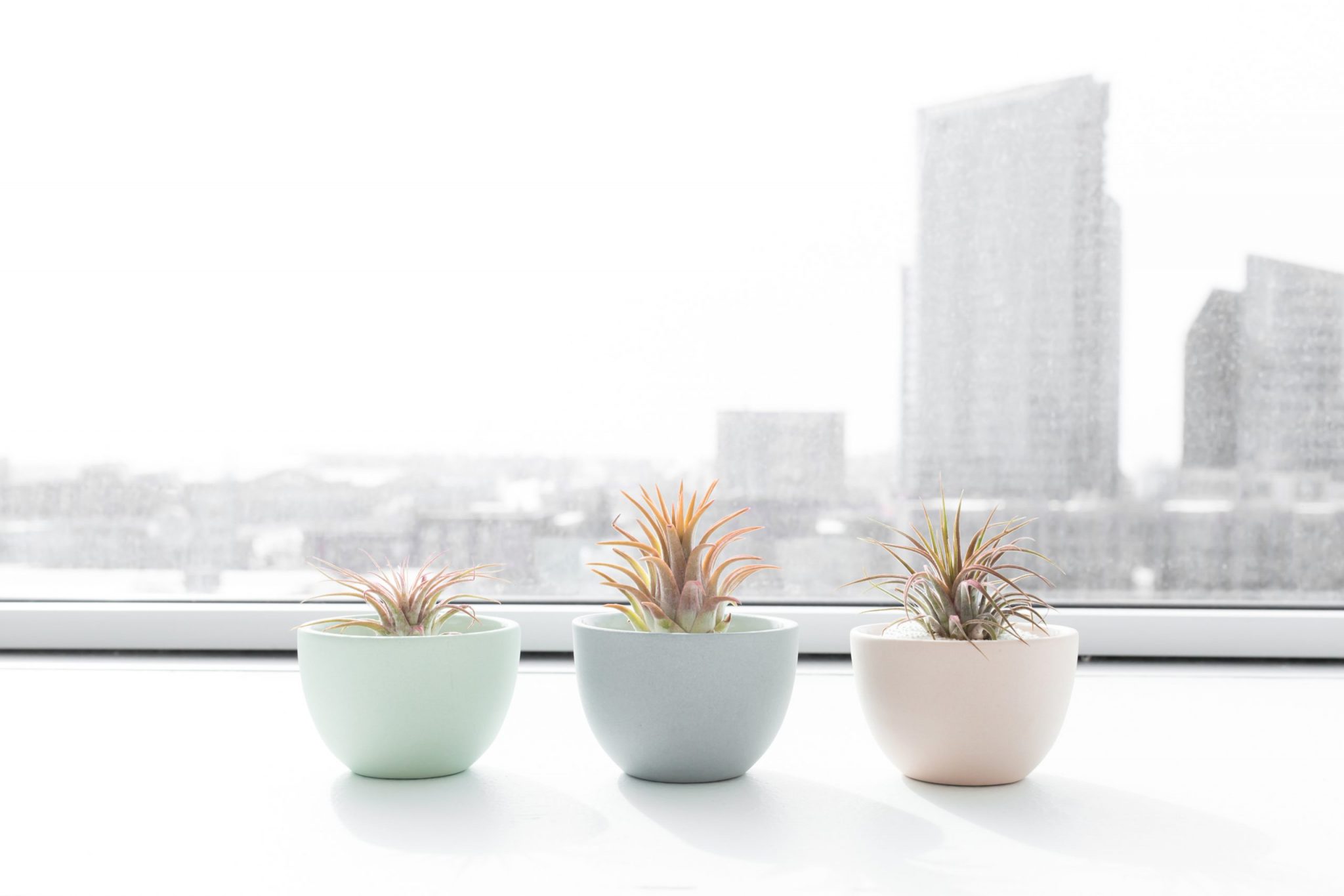The aim of this blogger tag that has been created by Emma Reed is to get as many people involved as possible by answering the questions below, tagging your favourite bloggers (who you think will love to join in!) and sharing some fantastic tips on how to reduce waste, reduce household plastic and how to be more sustainable in your everyday life. And it doesn’t have to be anything big. The smaller changes are often the easiest for everybody to do and if more and more people did these they would have a bigger impact. So, onto the questions…
Have you already been making sustainable changes to your lifestyle?
Yes ive been trying to make a few swaps and changes here and there for the last couple of years. I do find it a bit tricky because we have other things we want to tackle first and some just aren’t feasible for us right now because of cost effectiveness however some swaps have saved us money. I know in the long term the swaps we make will balance the bank but right now we are just doing the best we can as a family, with the resources we have. I actually wrote a post about how being zero waste is hard if you’re poor and some of the attitudes around not being as eco friendly or zero waste as others can come across as poverty shaming.
What swaps have worked for you?
Swaps that have worked for us include cloth nappies, bubble bars, reusable wipes, reusable face pads and cloth sanitary protection. We have also switched to Oat milk.
What swaps have been the easiest?
Resuable washable baby wipes and cloth pads have been the absolute easiest swaps for the household. The wipes are easy to keep clean and have so far lasted us around eighteen months as we got them and started using them before my son was born. Ditching cows milk has been pretty easy too.
What swaps have been the hardest?
Cloth nappies have been the hardest for us. Again it is more about cost than anything and it’s taken us a while to figure out how to stop leaking which is just not practical during the day or when out and about. We have tried a variety of brands now and have a good set up so we are going full time with cloth but building up a decent leak free stash has been expensive. However, we can now replace some of the preloved ones that didn’t work for us, they do have an excellent resell value and we can keep them for the time being should we decide to have another baby.
What is your favourite eco-friendly swap so far and why?
Cloth pads have been my favourite. I love finding new designs and working out which materials work best for me. It certainly makes my period a little bit more enjoyable and they’re easy to clean thanks to using cloth wipes and nappies.
What are your sustainability aims for 2020?
I would like to focus on massively reducing our household waste as much as possible. We currently drink a lot of fizzy drinks which results in a lot of plastic waste and I really want to stop that. I also want to waste less food and cut down on our meat consumption. I would also like to buy more second hand in terms of toys and clothing although, again, this can be pretty tough because of my size.
Have you set up a plan in order to make these happen/achievable?
We are going to start planning our meals properly. I would also like to try and schedule in a visit to a refill shop thats not too far from us and potentially buying more from our local market for fresh fruit and veg. Failing that I would like to make use of a sustainable fruit and veg box delivery for seasonal produce. I know meal planning will help it just requires a bit of research in finding some meat free meals we will all eat and enjoy. Reducing our plastic use I will try and tackle one room at a time and gradually making more swaps over.
What are your top tips for anybody who is just starting to make eco-friendly changes?
Everything is a transition. Don’t try to change everything in one go because you will quickly burn out. Use whatever you currently have first and then start swapping things out gradually as you use them up. Start with thinking about where and how you shop and making changes there such as second hand, local market, farm shops etc because supporting small, local businesses is going to help reduce your carbon footprint really quickly as well as forcing big companies to follow market trends which will hopefully have a sustainability focus.

Leave a Reply